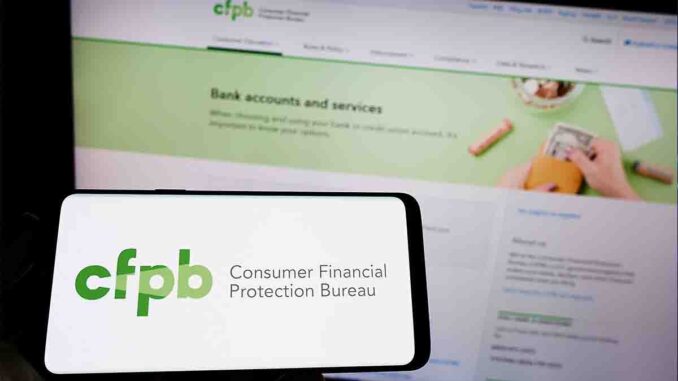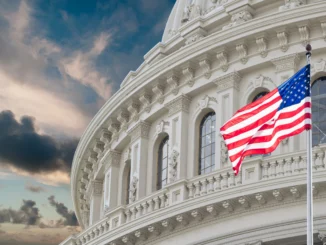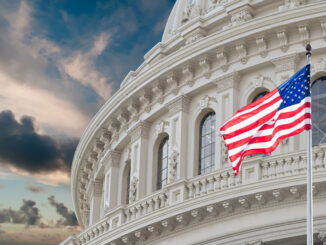
The Consumer Financial Protection Bureau (CFPB) has 11 different items in the pipeline in its section of the federal government’s 2023 spring regulatory agenda, released last week by the White House.
While only a fraction of the total items on the agenda for the U.S. Department of Housing and Urban Development (HUD), the regulator’s agenda will address issues relevant to the housing industry.
At the top of the list of housing issues the Bureau will aim to address is a rule related to automated valuation models (AVMs).
“The CFPB is participating in an interagency rulemaking process with the Board of Governors of the Federal Reserve System, the Office of the Comptroller of the Currency, the Federal Deposit Insurance Corporation, the National Credit Union Administration, and the Federal Housing Finance Agency […] to develop regulations to implement the amendments made by the Dodd-Frank Wall Street Reform and Consumer Protection Act (Dodd-Frank Act) to the Financial Institutions Reform, Recovery, and Enforcement Act of 1989 (FIRREA) concerning automated valuation models,” the agenda item reads.
The proposed FIRREA amendments require new regulations for quality control standards for AVMs, with the process having been initiated in February of last year under the Small Business Regulatory Enforcement Fairness Act of 1996 (SBREFA).
“[CFPB] released an outline of proposals and alternatives under consideration for the SBREFA panel, made up of representatives of small businesses that might be affected by the rulemaking,” the item said. ”The CFPB released a final SBREFA report on May 13, 2022. The Agencies expect to issue a proposed rule to implement the Dodd-Frank Act’s AVM amendments to FIRREA in June 2023.”
Earlier this month, that coalition of six federal agencies requested comment from the public on a newly-proposed rule that is designed to “ensure the credibility and integrity of models used in real estate valuations.” Vice President Kamala Harris also spoke soon afterward about the need to address the impact AVMs may have on homeownership prospects for certain Americans.
The CFPB also revealed in the agenda that it is exploring whether or not Regulation V — which implements the Fair Credit Reporting Act (FCRA) — requires any amendments. Initial pre-rule action on the matter is expected this coming November, according to the agenda.
Other measures in the “proposed rule” stage include rulemaking on personal financial data rights; Property Assessed Clean Energy (PACE) financing and its interactions with the Truth in Lending Act (TILA); and the supervision of certain, larger nonbank covered participants for compliance with federal consumer financial laws.
In the “final rule” stage are items including a rule that would require certain nonbank-covered persons to register with the CFPB under a public database; a rule requiring certain supervised nonbank entities to register with the Bureau and provide information about their terms and conditions “that seek to waive or limit consumer rights or legal protections;” a rule governing credit card penalty fees; and a measure facilitating the transition away from the London interbank Offered Rate (LIBOR).
Save for the LIBOR item, the other final rules are expected in either October or November of this year.



